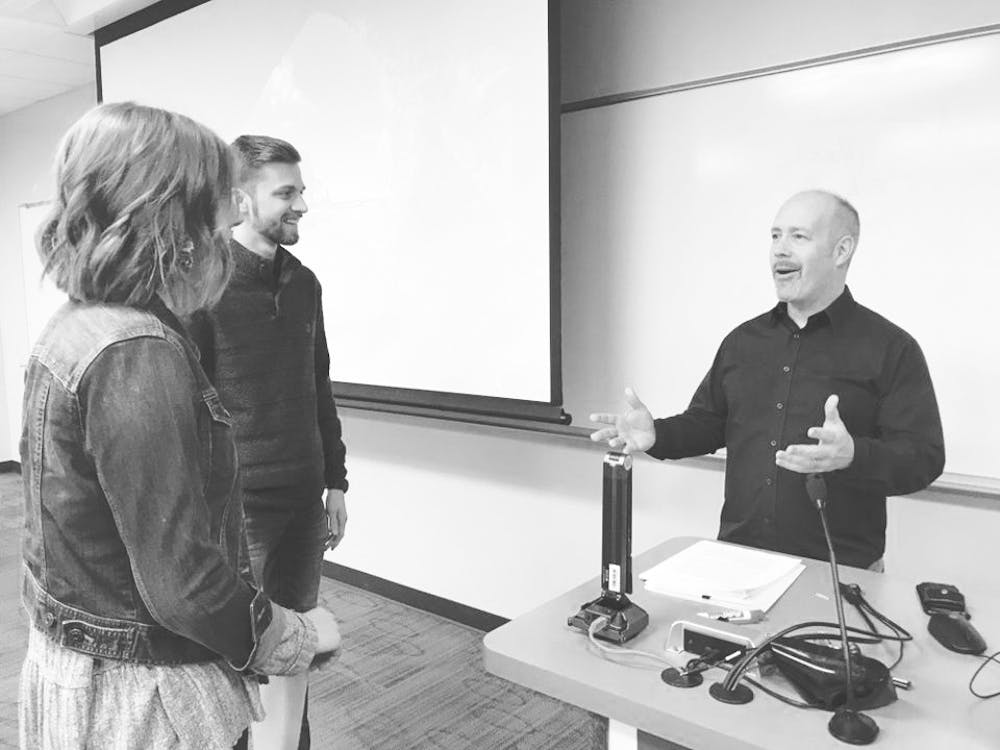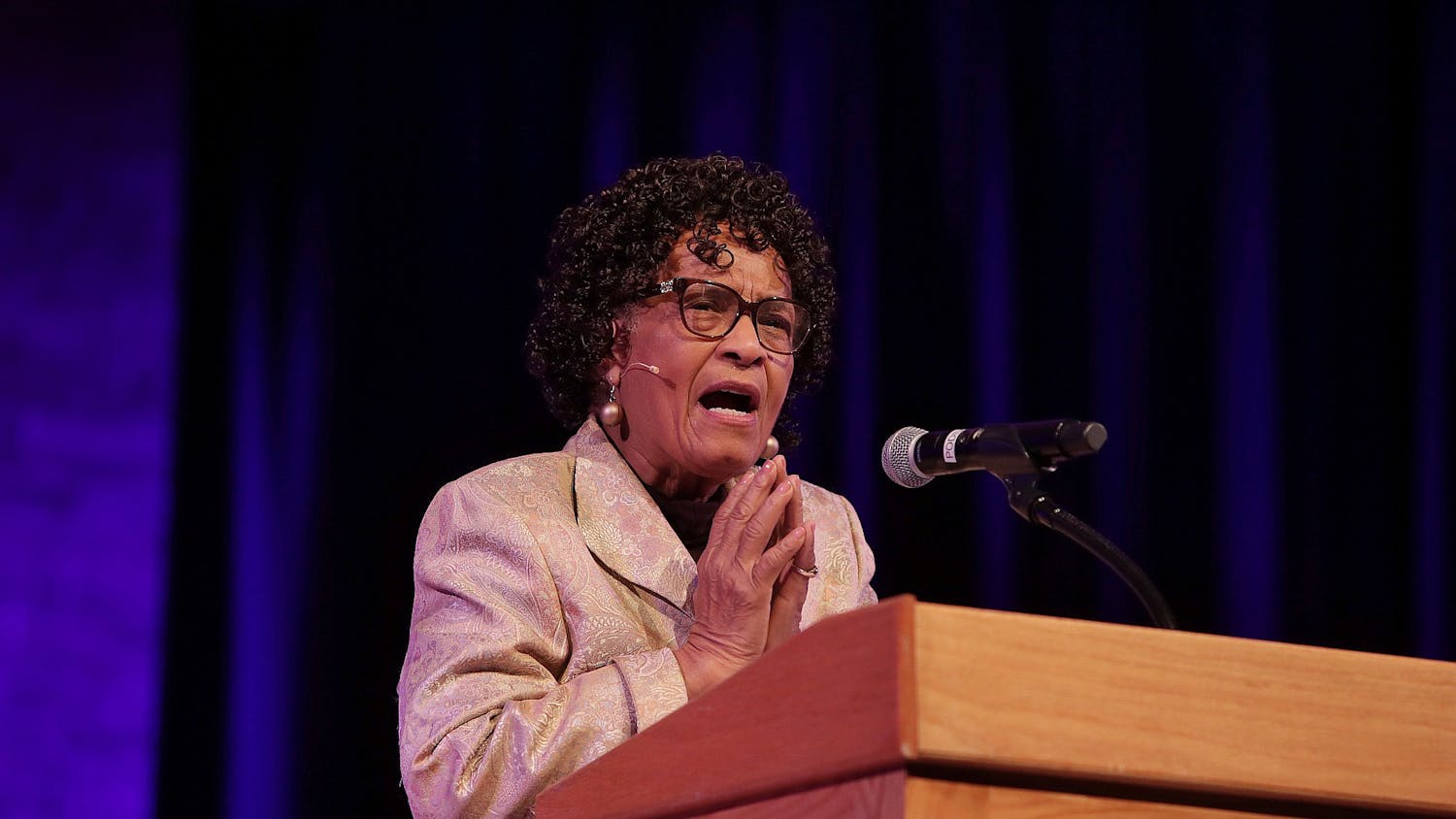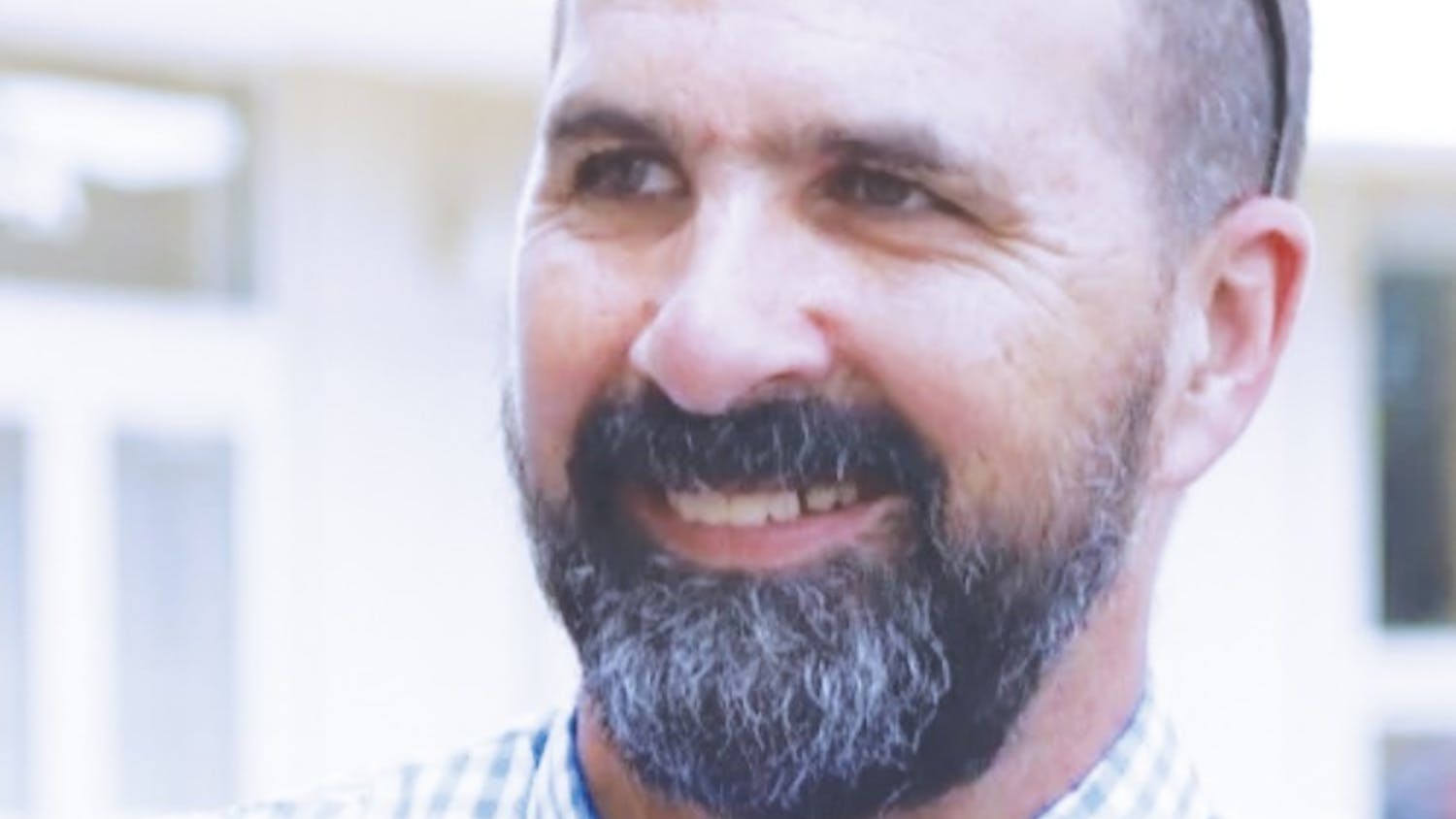Perhaps no theological work has influenced Taylor more than Dietrich Bonhoeffer’s classic “Life Together.”
A rich and practical reflection on the essence of Christian community, the book is the namesake and a significant inspiration for Taylor’s Life Together Covenant. The wisdom of Bonhoeffer warrants revisiting all of these years later, particularly since some of the themes in “Life Together” are more relevant than ever.
A major theme of the book is that genuine “Christian community . . . is a spiritual and not an emotional reality.” A spiritual community is based in truth, while an emotional community is based in desire.
“In the spiritual community, the Spirit rules; in the emotional community, psychological techniques and methods.” Bonhoeffer writes.
Spiritual community is marked by mutual service in the pursuit of truth while respecting others’ boundaries and promoting “the freedom of Christians under the Word.” By contrast, emotional communities are not primarily interested in truth or mutual service but rather truth is seen as relative, personal boundaries are not respected and emotional connection is sought but not actual service.
Finally, Bonhoeffer notes that while spiritual community is characterized by “light”— agape love, service and the relentless pursuit of truth — emotional love turns dark when its desire is unfulfilled, even turning into personal “hatred, contempt, and slander.”
What a stark contrast! Obviously, as an intentional Christian community — and especially as an academic community — Taylor should seek to be a spiritual community, one that is based first and foremost in truth, which in turn motivates genuine service and agape love.
But this is particularly challenging when today such values are essentially counter-cultural. After all, the U.S. is nowadays a highly emotional society which has all of the traits identified by Bonhoeffer: truth is seen as relative, people are obsessed with psychological techniques; love is seen primarily as a means of self-fulfillment and when others contradict our desires, we respond with hatred, contempt and slander.
As I have been reflecting on Bonhoeffer’s distinction between two kinds of communities, it has occurred to me that his analysis has an even broader application today. Consider the deep cultural divide which has developed in our country in recent years, often referred to as “political polarization.”
Of course, this polarization is not merely political but is also moral, social and in some ways religious. This cultural divide might be accurately described as a tension between two concepts of community, and I think these at least roughly correspond to those described by Bonhoeffer.
On the one hand, there are those who: (1) believe in moral absolutes, (2) are motivated by a sense of duty and the moral well-being of others, and (3) seek to reveal truth and expose falsehood through rational discourse — the use of logic and evidence.
In deep contrast to these folks are those who: (1) see moral truth as relative, (2) are motivated by a desire to ease emotional distress and create a sense of togetherness, and (3) seek to create emotional connections, particularly by appealing to personal experience.
These two general perspectives are actually distinct philosophical orientations which pervade much of Western society. They are sometimes distinguished, respectively, as the “conservative-traditional” perspective and the “progressive-postmodern” perspective.
In any case (and regardless of the terms one uses to name them), these do appear to be fundamentally different viewpoints or worldviews which are in deep tension in Western culture today. And they also appear at least roughly to correspond with the two perspectives on community described by Bonhoeffer in “Life Together.”





